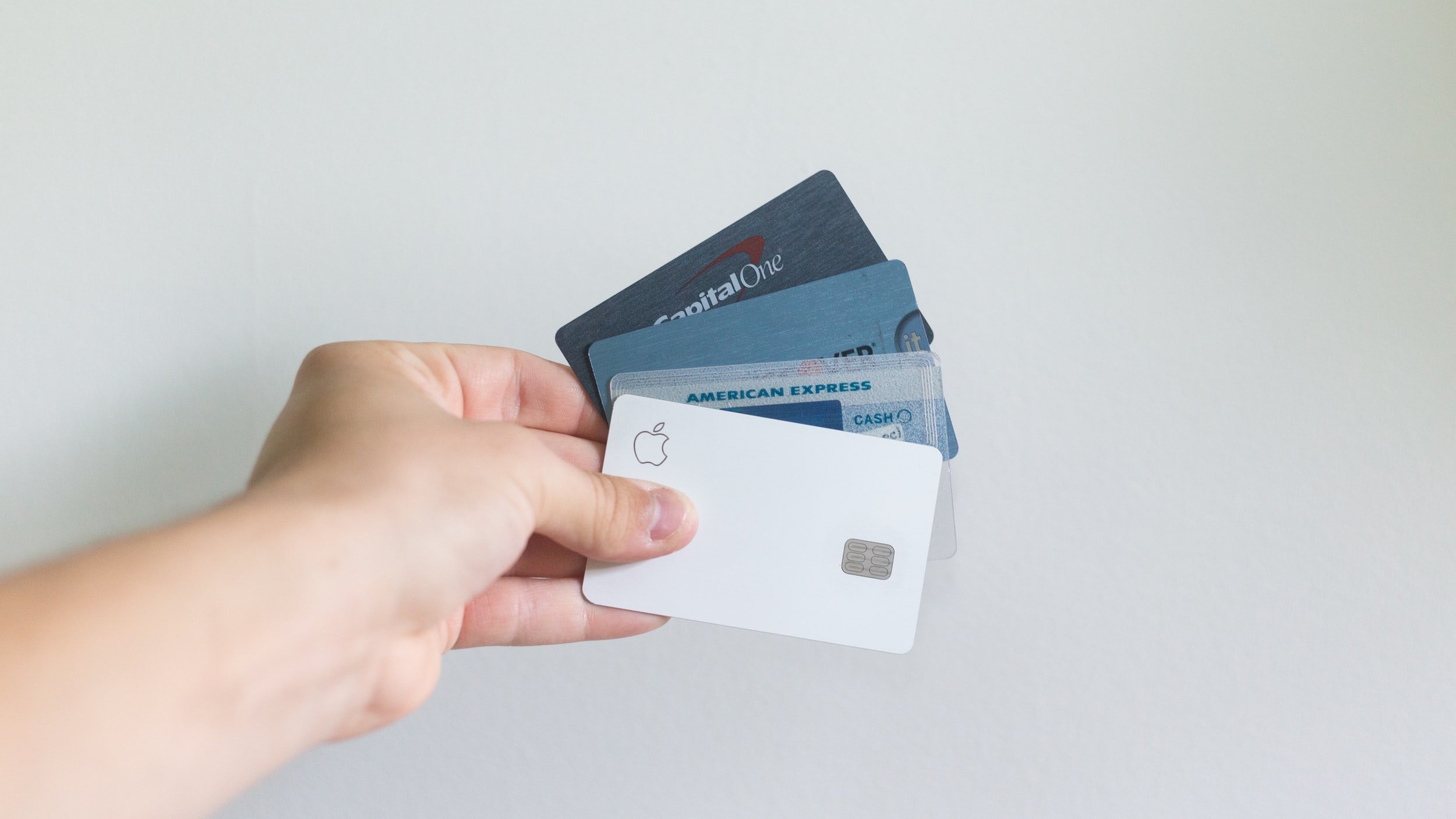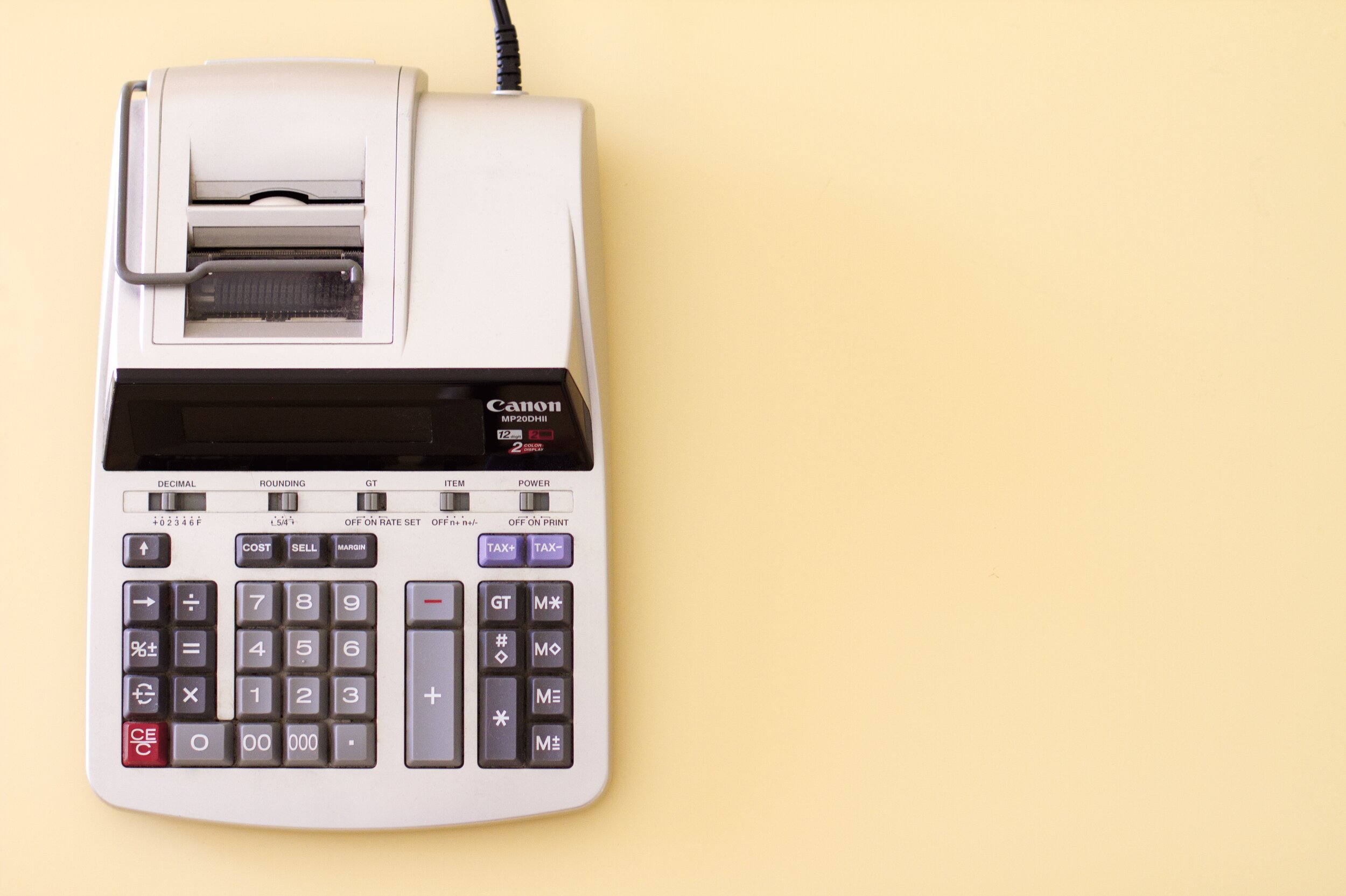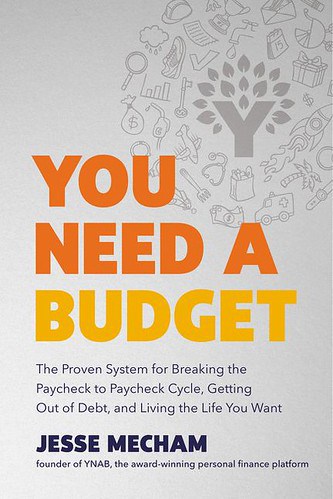What is your credit score and how it impacts you?

If this were a sporting event, you would be able to play if your credit score was 650. You would be in the starting line if you had a credit score of 800. If you scored 850 or more, you would be an all-star.
Your credit score has a wide range of effects on your life. A good credit score is essential for a variety of reasons, including obtaining a mortgage or securing a new apartment.
Personal, I did not realize how crucial it was until it affected achieving a financial objective that was important to me.
I walked in to a car dealer with my less-than-pretty score of credit in 2019. I was a money monster in my closet after neglecting my finances for almost a whole year. I spent through my savings into the deviant and dark world of credit cards. It is not uncommon for lenders to ask to see your home when you apply for a car loan.
Spoiler Alert — They found the Monsters.
My credit score at the time was 599. I recently started a job, and I knew I would be driving a lot. I wanted a car that was newer, fuel-efficient and reliable. My financial situation and credit score made me realize that this was not the best time to buy a car. This purchase was important to me, so it didn’t really matter. This purchase was my way of saying to myself that I’m ready to take on a new career. It was a symbol of a commitment I made at a new phase in my career, and my life. I was willing accept the less than ideal terms to further instill that belief in me as I continued on to forge this identity.
I bought the car despite the high cost of borrowing. The rate I pay on my auto loan is absurdly high, at around 8%. Not great.
This less than ideal situation made me realize how important your credit rating can be when determining your rate of payment for certain purchases — or even your ability to get approved at all.
In the last few years, I have focused a lot on my credit rating. It is with great pleasure that I can now report my credit score hovers around 800. This took a lot of time, effort, and a thorough understanding of the system. You are probably here to find out more about credit scores, their impact on you and how they’re calculated. Let’s start.
WHAT IS a CREDIT SCORE
Credibility is being trusted and believed. Your ability to deliver on your promises.
Your creditscore is a reflection of your credibility to a lender. You’re promising that you will make payments regularly and on time, for the minimum amount allowed.
Each time you pay on time and make the required payments, a small checkmark appears on your credit report. Over time, these checkmarks accumulate and improve your credit rating. The opposite is also true. Your credit score will decrease if you are late with payments.
Your credit score is based on your ability to pay back debts.
WHAT IS YOUR CREDIT SCORE?
There are many factors that affect your credit score.
#1. Payment History (35 %)
It is important to pay all your bills in full and on time. This is the single most important factor that determines your credit score.
Your score will be affected if you are consistently late with your payments. If you keep up with your payments for a long time, you will have a buffer so that, if you miss a payment, your score will still be affected, but not as much as a constant inability to pay on time.
Another case of automating payments. We should do everything we can to eliminate human error, and the reliance on memory in order to keep track of all the things that are happening in our daily lives. Automate payments as much as possible.
#2. Credit Utilization (30%)
Add up all of your credit card limits, credit lines, and other lines of capital that accrue interest. This is your total credit. Your utilization rate is the percentage of your total credit that you are currently using. This can be expressed as a percentage if you divide what you are using by what is available.
If you are a parent, for example:
- Credit card limit of $7000 with balance of $2500
- Credit card limit of $5000 with balance of $1,000
- Line of credit of $10,000 with a balance $3000
Let’s say you use $6,500 out of the $22,000 that is available. This would give a credit usage percentage of (6500/$22000), which is 29.5%.
A good rule of thumb to follow is that any credit usage percentage below 30% is acceptable.
This does not mean you should continue to carry the balances if your credit usage is similar to the example shown above. Lowering this number can be a good place to begin if you want to improve your credit score. You can improve your credit score by lowering your balance on credit cards.
#3. The length of credit history (15 %)
Your score will increase the longer you have had credit. It is often a good idea for parents to give their children a credit card before they are able to earn enough to get one themselves. A card with a limit of $500 will establish a credit history that will be useful later on.
We also understand that having a financially capable parent to help build your credit is a great privilege. Don’t worry if you do not have this option. Over time, your credit score will increase.
One of the most common questions regarding credit history concerns whether or not you need to keep your first credit card in order to maintain a good score. This is a good question, since many of us are stuck with our first credit card. We may also not use it much when we find a better-suited one. This card is worth keeping if possible. It’s worth keeping even if you never use it. Ask your creditor to upgrade the card if you want to make a switch.
#4. The Mix (10 %)
All types of credit do not work the same. Revolving credit is an example. It’s similar to credit cards in that you can spend up to certain limits and then pay the balance on your schedule.
Installment credit agreements, like loans, include a schedule of fixed payments. These loans have a long term and are paid in the same amount every month. This type of debt could be a car loan or mortgage.
Lenders prefer to see that you have a variety of credit cards because it shows them that you are able to manage your finances, and keep up with your obligations in different types of loans. You’re showing that you are a reliable and “credible” borrower by being able to manage your finances.
Remember, however, that adding credit to your account just to have more options is not the best way to improve your credit score. Lenders are alerted when you add a new form of debt. It may appear that you need more credit.
#5. Applicant Frequency (10) %)
You can apply for new credit sources, such as a loan, credit card or vehicle. The lender will perform a “hard credit check” on your name. The lender must know your financial situation and your ability to repay your loan in order to manage their risk. This can have a slight impact on your credit score. This is annoying, but the adjustment is very small and shouldn’t cause you to worry.
Be sure to ask whether the credit check is “soft”, which doesn’t affect your score, or “hard”, which does.
WHAT IS a good credit score?
If credit scores were sports, a score of 650 could get you into the game. You would be in the starting line-up if you had a credit score of 800. All-star status would be achieved by 850.
You’ll need to have a credit rating of at least 680 in order to get a mortgage. You can get a car loan at a low interest rate if you have a credit score above 670.
You can still improve if you aren’t quite at the top of your game yet. As in sports, improving your performance is best achieved through deliberate practice and by learning from those around you.
You are here because you want to learn. You are here to learn. Continue to learn. Continue to learn and improve your skills.
How do I check my credit score?
You can check your credit score in Canada for free. Two of my favorite places to do this are Borrowelland Credit Karma. These two platforms do not affect your credit score as the free credit report you receive is a “soft” check.
These tools are my favorites for the following reasons.
- They will provide you with a complete credit report
- Bi-weekly updates via email notification
- Keep a record of all your credit inquiries
- Update on the current amount of debt owed
- User-friendly
- Education content
You’ll be “pitched”, regardless of which platform you select, and especially if it is free, a lot. It is likely that will be the product whenever you receive a free product.
With these “free” services, such as credit monitoring or other similar ones, the company is somehow monetizing both your data and attention. The company sells aggregate data to lending agencies for analysis and also sells ad spaces for financial services products. Certain percentages of users click on the ads, and eventually purchase the product; mortgage, line of credit or credit card.
Keep in mind that you are using this service to improve your credit. Do not be tempted by seemingly appealing opportunities, especially early on in your credit restoration journey. It is likely that there are fine print details which make the deal less attractive. Ironically, as long as people continue to click on these ads and an occasional clicker buys eventually – this type of product will remain “free”.
Bank of Montreal has recently begun offering credit score monitoring, which is pretty cool. The information is basic and does not provide as much detail as I’ve come to expect, but it’s still useful and gives me a good idea of my current situation. Check to see if you can get the credit score from your bank if that’s all you need.
Checking your credit score will confirm that there has been no fraud and you can protect yourself against any unwanted activities.
STRIKE BACK TO THE BASICS
Always go back to the basics. Do not borrow more money than you are able to afford, or even what you believe you can afford. Plan for the unexpected. You can reduce your risk by leaving yourself a buffer. Spend less than what you earn and save the remainder. You’ll be rewarded with a better credit rating.









+ There are no comments
Add yours